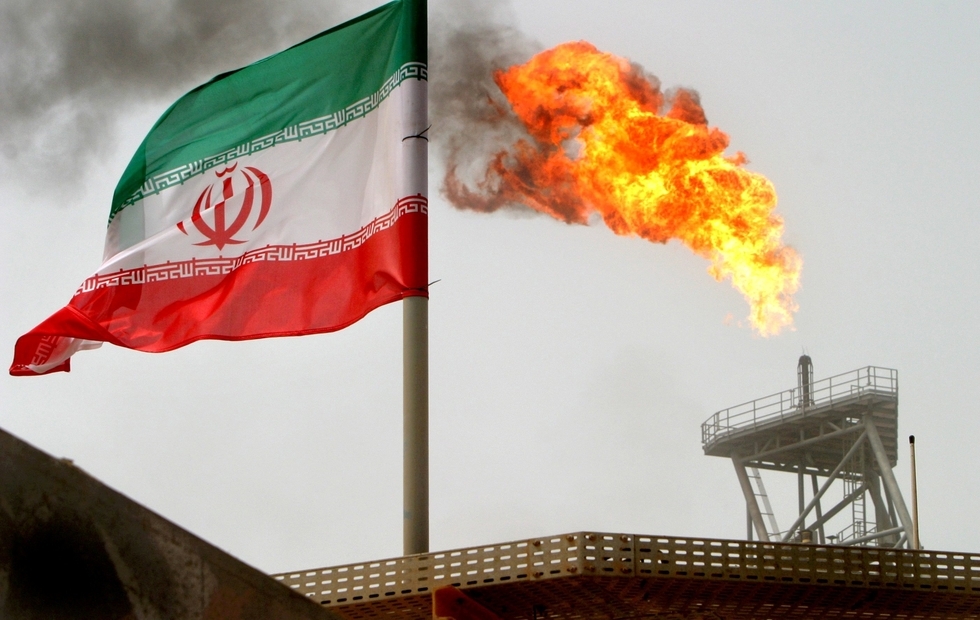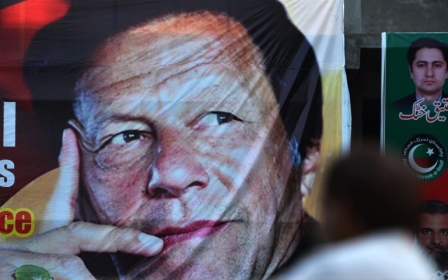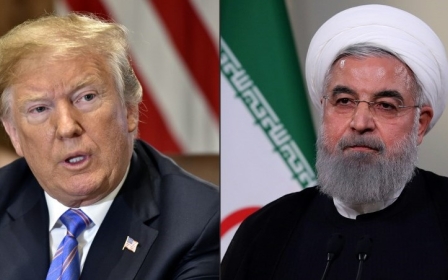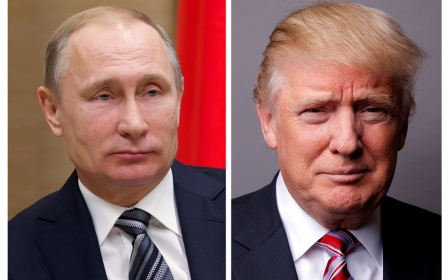US bid to cut off Iranian oil to China fails: Report

China has rejected a US request to halt oil imports from Iran, Bloomberg news reported on Friday.
The United States has ramped up pressure around the globe, asking countries to stop using Iranian oil by the time sanctions are re-imposed on 4 November.
President Donald Trump's administration has threatened anyone that continues to use Iranian oil with sanctions - including US allies in Western Europe.
China, for its part, has agreed to not boost purchases of Iranian crude to "ease concerns that China is working undermine US efforts", according to the Bloomberg report. China already increased its monthly crude imports from Iran by 26 percent in July.
Iran has repeatedly expressed dissatisfaction over Trump's decision to pull out of an international nuclear deal and reinstate sanctions. Iran has said it will not accept any attempts to halt the country’s oil exports.
Trump's policies are already putting significant pressure on the Iranian economy, although US intelligence suggests the government may ultimately rally Iranians against the United States and strengthen Iran's hardline rulers, officials say.
On Monday, Trump said he’s willing to meet with Iran without any preconditions, which prompted an aide to Iranian leader Hassan Rouhani to quip that the US should return to the nuclear deal.
"Respecting the Iranian nation's rights, reducing hostilities and returning to the nuclear deal are steps that can be taken to pave the bumpy road of talks between Iran and America," tweeted Hamid Aboutalebi, an adviser to Rouhani.
Iran’s currency plummeted this week in the lead-up to 7 August, when Washington is due to reimpose a first lot of economic sanctions following Trump's withdrawal from the nuclear deal.
A number of protests have broken out in Iran since the beginning of the year over high prices, water shortages, power cuts and alleged corruption.
Earlier this week, hundreds of people rallied in cities including Isfahan, Karaj, Shiraz and Ahvaz in protest against high inflation caused in part by the weak rial.
Middle East Eye propose une couverture et une analyse indépendantes et incomparables du Moyen-Orient, de l’Afrique du Nord et d’autres régions du monde. Pour en savoir plus sur la reprise de ce contenu et les frais qui s’appliquent, veuillez remplir ce formulaire [en anglais]. Pour en savoir plus sur MEE, cliquez ici [en anglais].




